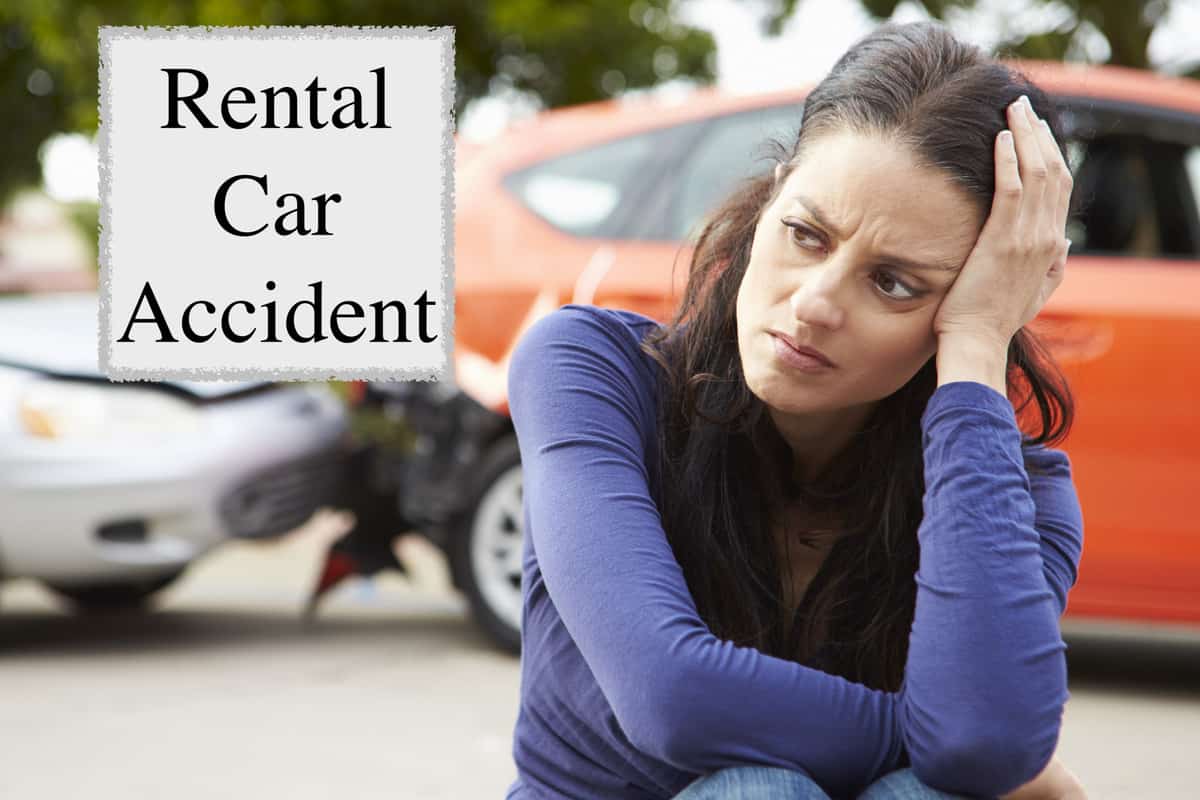Everyone has probably had the experience where you’re standing at the rental car counter, trying to determine if you need rental car insurance before you drive away in your rental car. The question strikes confusion, stress, or is just an unknown almost every time you rent a vehicle. There is rental car insurance information you should know.
It’s good to know there are pros and cons to getting rental car insurance. Read on if you want the breakdown on why someone may or may not need rental car insurance, and what are the deciding factors you need to know?
Rental Car Insurance
What is rental car insurance about, and why is it something you may need when you rent a car? Rental car insurance is also optional, but you want to know what your car insurance covers before you say no to rental car insurance. There are four different types of rental car insurance, and you need to know what each of them includes so you can assess what purchase you want to make.
The four standard coverage options are:
- Collision or loss damage waiver insurance (CDW)
- Supplemental liability protection (SLP)
- Personal effects coverage (PEC)
- Personal accident insurance (PAI)
The breakdown of what’s provided in each of these rental car insurance coverage plans is detailed below. What most people don’t realize is the limits and deductibles from your car insurance policy still apply to the rental car if you drive it for personal use. If you are driving for commercial or business use, your personal insurance coverage may not apply.
You must check with your car insurance company to determine if your coverage extends to the rental car. Many people have thought they were covered, so they didn’t buy the rental car insurance only to find out they had to foot the bill for a fender bender themselves.
Do I Need Rental Car Insurance?
Whether or not you need rental car insurance has an answer that rests within your personal car insurance coverage. In almost all fifty states, car rental companies let you decide if you want to purchase additional car insurance. Rental car insurance is almost always optional.
The one consistent in purchasing rental car insurance is that it can add up to $30 a day per car to your rental bill. What’s more, is each of the four rental car insurance types carries a different risk. So you have to determine which one you want or if you need all of them if your car insurance coverage doesn’t keep you covered.
Sometimes your credit card has rental car insurance coverage if you use it to rent a car. Still, no matter what insurance coverage you have for a vehicle you drive, it’s essential to know the pros and cons of getting rental car insurance.
Should I Get Rental Car Insurance – Pros And Cons
The breakdown below details the benefit or detriment of purchasing rental car insurance with its full-coverage options.
#1 Collision Or Loss Damage Waiver Rental Car Insurance
This rental car insurance can be known as Physical Damage Waiver (PDW). This coverage has big pros and cons behind it because, in most states, you have to have this anyway. Many states require you have your primary auto insurance cover collisions even if you’re in a rental vehicle.
But sometimes your primary auto insurance will let you decline this portion of the car insurance, so if you did, you will want to get the collision rental car insurance that covers any collision or loss damage. That’s only if the collision or injury wasn’t caused by driving recklessly, or if you allowed someone else to drive the rental car that’s not on the rental car agreement.
#2 Supplemental Liability Insurance
Supplemental liability insurance also has multiple pros and cons when determining if you need it when you are renting a vehicle. Legally additional liability insurance insures you for injuries to other drivers and their cars. But most U.S. states don’t require you to carry what’s called third-party liability insurance.
Third-party liability insurance usually means you are potentially liable for injuries to other people and their property if you hit them with your vehicle. Some states offer what’s called Accident Liability Insurance (SLI) or Renter Liability Protection which covers some damages. This particular type of insurance has more pros than cons, so it’s always worth taking it if offered to you.
#3 Personal Effects Insurance
Personal effects insurance covers your personal property if it’s stolen from the rental vehicle. Most of the time, your homeowners provide the same coverage, so it’s worth checking in with your insurance agent to ascertain what your homeowner’s insurance covers. The personal effects insurance coverage ensures whatever stolen from the car that you had in it, and the cost runs averages about $2 per day.
There is a limit to how much the insurance will cover if someone steals your items from your rental car. Most of the time, it will give you about $500 per person that was on the insurance coverage with a $1,800 maximum allowed for the theft of personal effects. But if you have homeowners or rental tenant insurance policy, it usually covers this type of incident, so always check with your insurance company or agent.
#4 Personal Accident Insurance
Personal Accident Insurance is usually worth getting because it covers medical, ambulance, and death benefits for the renter and passenger in the rental car if you have an accident.
Do I Need Insurance To Rent A Car?
You always need insurance to rent a car. The question is, do you need the additional rental car insurance coverage when you rent a vehicle? That’s ancillary and supplemental insurance that’s offered to you when you rent a car.
As detailed above, many times, this additional rental car insurance is duplicate coverage of what you already carry that is mandated under your state law. The rule of thumb is if you have the state-mandated amount of liability coverage for yourself, you most likely don’t need whatever the rental car company is offering you.
If you have health insurance, you can decline the personal accident liability insurance. But make sure your health plan covers accident-related injuries. You need to have personal injury protection or medical payments coverage on your car insurance policy.
If you have personal accident liability insurance under your vehicle insurance coverage or your health insurance coverage, you probably don’t need the personal accident liability insurance. Finally, if you have homeowners or renters insurance, you probably also don’t need personal effects insurance because what you have is already insured.
Is Rental Car Insurance Worth It?
There’s no right or wrong answer to this question because the answer lies in how you feel about getting supplementary rental car insurance coverage or using your car, health, or homeowner’s insurance coverage if you have a problem. If you’re planning on driving your rental vehicle for a while, it may be worth pursuing and considering getting one or two of the supplemental insurances listed above from your rental car company. That’s because only you know what you feel comfortable with and if you’d rather have too much than not enough rental car insurance if something happens.
There have been times when people are confused about not having enough rental coverage on their vehicle after something happens to their rental car or their property within the rental vehicle. The reasons you might want to consider having rental car insurance coverage is somewhat determined by your current car insurance policy.
Your Rental Car Insurance Answers
If you have enough comprehensive and collision coverage, you usually don’t need to worry about getting an ancillary rental car insurance coverage policy. Remember, you don’t want to risk paying a high deductible if you have to claim an incident or accident on your car insurance coverage when the rental car insurance coverage deductible is much lower.
Check out our blog for more personal finance articles with ways to save.



